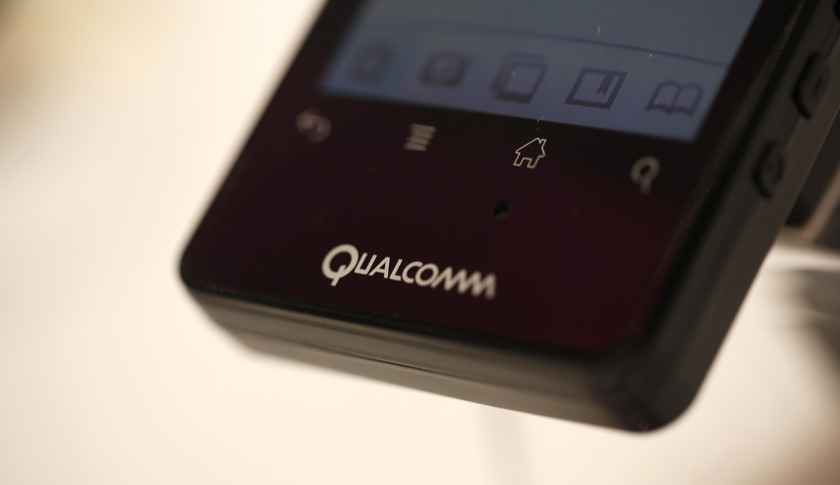The European Commission is pursuing an antitrust investigation against mobile chip provider Qualcomm, accusing the company of selling chips below market rates to undercut competitor Icera, which was purchased by Nvidia back in 2010. In proof that the wheels of justice move slowly, Nvidia announced in May of this year, that it planned to take a $125 million charge to shut down its Icera division.
Europe’s antitrust officials are also investigating Qualcomm (QCOM) on another charge, paying other customers to exclusively use its chips. These two charges—the exclusivity payments and the predatory pricing
—could put a dent in Qualcomm’s efforts to restructure itself. If found guilty, Qualcomm could be fined up to 10% of its $25 billion in fiscal 2015 revenue, according to the Wall Street Journal.
The complaints were opened earlier this year and are the second time that Qualcomm has faced an inquiry into its pricing in Europe. The first time was in 2009, when it was investigated for a similar complaint and was cleared. However, the EU recently fined Google over antitrust issues and Facebook over privacy violations, so it is clearly acting more aggressive. Qualcomm has also faced scrutiny in other international venues, with the most recent—and damaging—being China.
In February the chip company settled with Chinese authorities on new licensing terms over the royalties that Chinese chip firms would have to pay. This threw its second and third quarter earnings into disarray as it struggled to get Chinese handset vendors to agree to the new terms. In some cases, Qualcomm executives admitted that Chinese companies stopped paying licensing fees altogether while the firm’s were settling their deals as a negotiating ploy.
Just last week, Chinese smartphone vendor Xiaomi signed a licensing agreement, which sent Qualcomm’s stock up 7.4% the day that deal was announced.
Make sure to sign up for Data Sheet, Fortune’s daily newsletter about the business of technology.
For more on Xiaomi, check out the following Fortune video:












